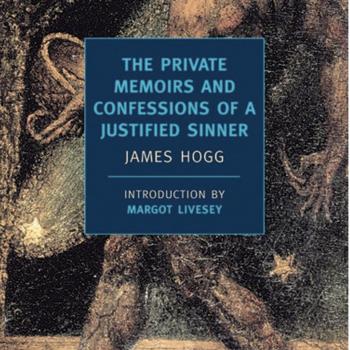There has been much discussion over the last two decades about the state of the evangelical mind. Books such as Mark Noll's The Scandal of the Evangelical Mind and, more recently, Karl Giberson and Randall Stephens's The Anointed: Evangelical Truth in a Secular Age, have pointed to a latent anti-intellectualism in modern American evangelicalism.
There are many places evangelicals can turn to strengthen Christian thinking. Recently, in Jesus Christ and the Life of the Mind, Noll has pointed to the Christology of the ancient Christian creeds as a source for a robust intellectual life. Others have suggested that evangelicals should rely on the theological resources of Dutch Calvinism or Roman Catholicism for their intellectual heft.
While all of these streams of Christianity offer solid theological grounding for loving God with our minds, let me suggest an unlikely source for helping us think about how to practice this kind of intellectual discipleship: Benjamin Franklin.
In Franklin's Autobiography he describes a group he created called the Junto:
I should have mentioned before, that, in the autumn of the preceding year, [1727] I had form'd most of my ingenious acquaintance into a club of mutual improvement, which we called the Junto; we met on Friday evenings. The rules that I drew up required that every member, in his turn, should produce one or more queries on any point of Morals, Politics, or Natural Philosophy, to be discuss'd by the company; and once in three months produce and read an essay of his own writing, on any subject he pleased.
Our debates were to be under the direction of a president, and to be conducted in the sincere spirit of inquiry after truth, without fondness for dispute or desire of victory; and to prevent warmth, all expressions of positiveness in opinions, or direct contradiction, were after some time made contraband, and prohibited under small pecuniary penalties.
When I teach Franklin's Autobiography I always make a point of emphasizing this passage. I ask my Christian students to consider the possibility of leaving history class and joining a group of fellow classmates in an extended conversation about the ideas discussed that day. Most of them find this to be a novel exercise. For example, the thought of going back to their dorms and discussing the impact of industrialization on rural life in the nineteenth century (and perhaps how such a revolution has influenced Christian ideas about human flourishing) is an absurd one.
Many of them believe that the purpose of college is to get a degree or obtain some kind of practical skill that they can use to make a living. In such an economic climate as the one in which we live today, to suggest that students should spend time discussing ideas in a Junto-like community might be perceived as a poor use of time.
I explain to my students how a liberally educated person needs to make a habit of engaging the world of ideas. I expound on how ideas have social consequences and can be useful in everyday life. Ideas can motivate people to serve others and the common good, a thought that I hope has some appeal among the 18- to 23-year-old Christians who sit in my classrooms.
I close my little sermon by exhorting students to start a Junto of their own. For the rest of the semester, whenever we run across a big idea (which is basically every class period), I finish class by telling them to "continue the discussion in their Juntos." The remark usually gets a friendly laugh as students pack up their books and head off to their next class. Meanwhile I am left wondering if they will, at some point before our next meeting, give any thought at all to the subject we discussed that day.
Is it too much to ask that students take the ideas they learn in class and make a conscious and deliberate effort to converse about them away from the classroom? I know today's students are extremely busy, but Franklin and his Junto managed to put aside a small amount of time each week for this kind activity. Students can find plenty of time for Facebook, weekend road trips, and video-games. Why not ideas?
I often wonder if my effort to get students to pursue an intellectual life outside of class is the academic equivalent of tilting at windmills. Sure, students tend to study together for exams. Such gatherings, I am guessing, could be intellectually stimulating. But there is also an obvious utilitarian dimension to these study-groups. Where are the Juntos that meet when there is not an exam scheduled the next day (or later that afternoon)? I am guessing many of the potential members of such a Junto are sitting in front of a television set watching the latest reality show or playing Xbox.





